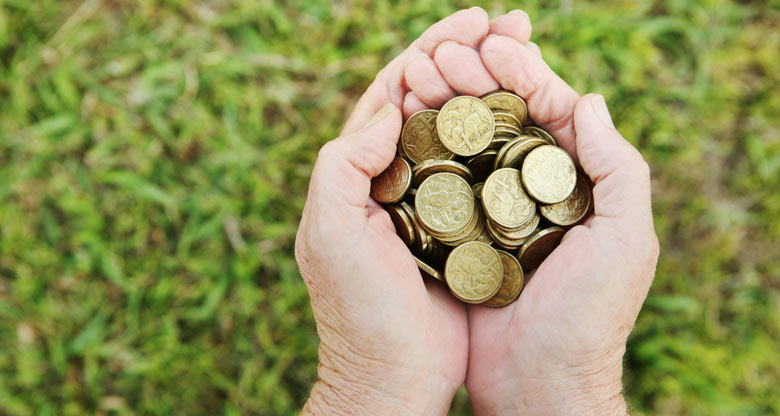What is CGT?
Basically, most (but not all) the shares, property, or other assets you buy are subject to the CGT rules. In most cases, if you buy for one price and sell them for another price, the difference between the amounts is your capital gain or capital loss.
If you receive more for your CGT assets than you paid for them, you'll have made a capital gain and you may need to pay Capital Gains Tax on it.
However, not all assets are subject to CGT – information about which assets are subject to CGT is available on the ATO website.
You can also find other useful information about CGT on the ATO website.
How much CGT will I pay?
The amount of CGT you’ll pay depends on factors including how long you’ve owned the asset, what your marginal tax rate is, and whether you’ve also made any capital losses.
Your marginal tax rate is important because your capital gain will be added to your assessable income in your tax return for that financial year.
The length of time you’ve held your asset is relevant because if you’ve held them for over 12 months, certain taxpayers, such as individuals, can usually get a 50% discount on their capital gain.


